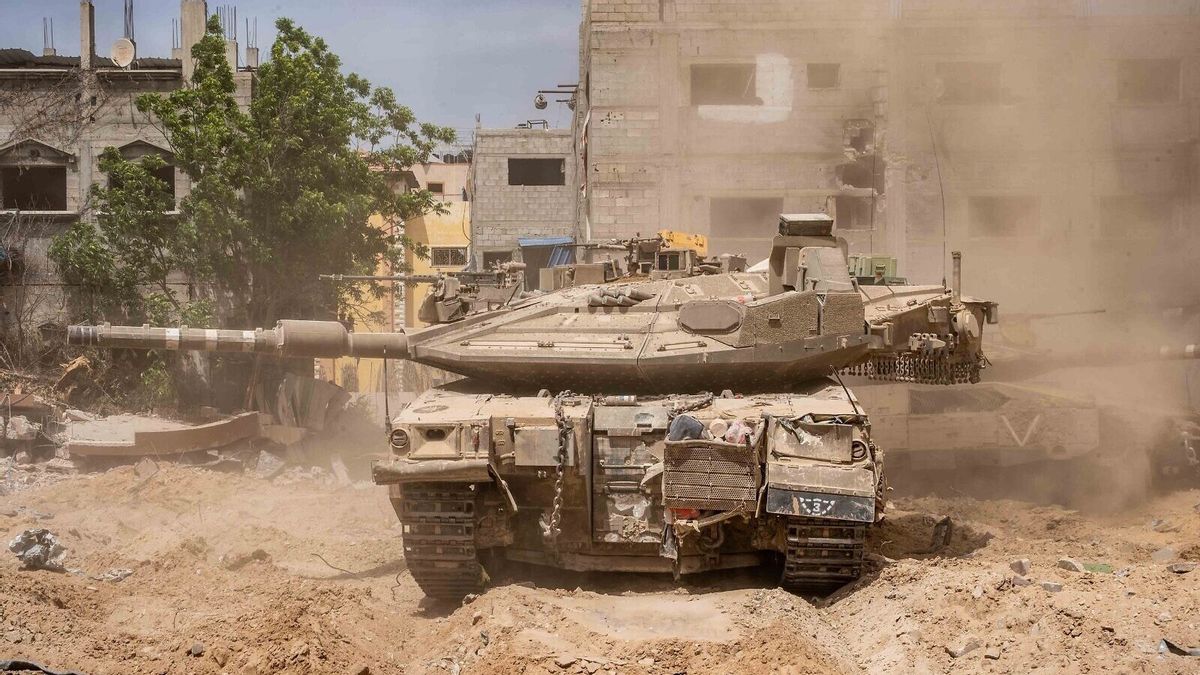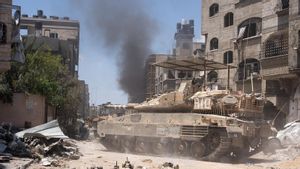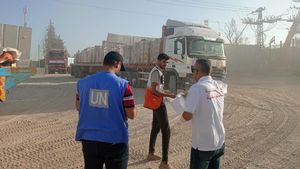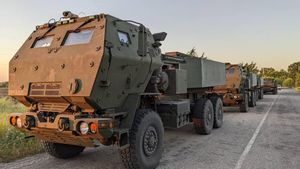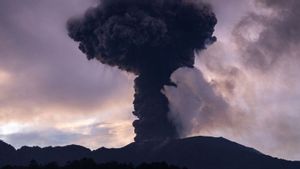JAKARTA - Hundreds of buildings were destroyed and the smell of pungent bodies, as Israel ended military operations in Jabaliya, Gaza's largest refugee area, Palestine, which was held for more than two weeks on Friday.
Palestinian officials said about 70 percent of the Jabaliya refugee camp in northern Gaza was destroyed by 70 percent, as Israel Defense Forces (IDF) ended its 20-day military operation on Friday morning.
The attack resulted in the destruction of camps and surrounding areas, where more than 100,000 Palestinians live. Civilians returning to their homes found many houses destroyed.
"About 70 percent of the Jabaliya camp has been completely destroyed, with 800 houses destroyed," Mahmoud Bassal, a civil defense spokesman north of the Gaza Strip, told The National News, as quoted May 31.
"Kamp itu tidak layak huni, karena infrastruktur dan pipa air juga telah hancur total," sambungnya.
Jabaliya is the largest refugee camp of eight refugee camps in the Gaza Strip, according to the United Nations. After the 1948 war, the refugees settled there, most of whom had fled villages in the southern Palestinian region that became Israel.
The Jabaliya Camp is only 1.4 square kilometers, but 116,011 Palestinian refugees are registered to live there, according to the UN agency for Palestinian refugees, UNRWA.
Israel launched an operation in Jabaliya in mid-May, after previously announcing northern Gaza had been cleared of Hamas fighters in the first phase of its military ground offensive following a Hamas-led attack on October 7.
Meanwhile, the Red Crescent in Gaza said it was difficult for them to bury the large number of bodies without the necessary equipment.
"The rescue team faces difficulties in finding and burying the bodies, we urgently need equipment. Difficulties in finding bodies threatens the spread of disease and epidemics in the northern region of Gaza," the group said in a statement.
SEE ALSO:
Civilians described the horrors in the region after military attacks and bombings by Israeli forces, as Sports Day.
"When I entered the Jabaliya camp, I felt likecinary Day because of the destruction and enormous debris on the streets," said Sobhi Al Mokid.
The smell of bodies spread throughout the camp, he said.
"We can tell that there are bodies in certain places of flies and insects around them," he said.
The English, Chinese, Japanese, Arabic, and French versions are automatically generated by the AI. So there may still be inaccuracies in translating, please always see Indonesian as our main language. (system supported by DigitalSiber.id)
